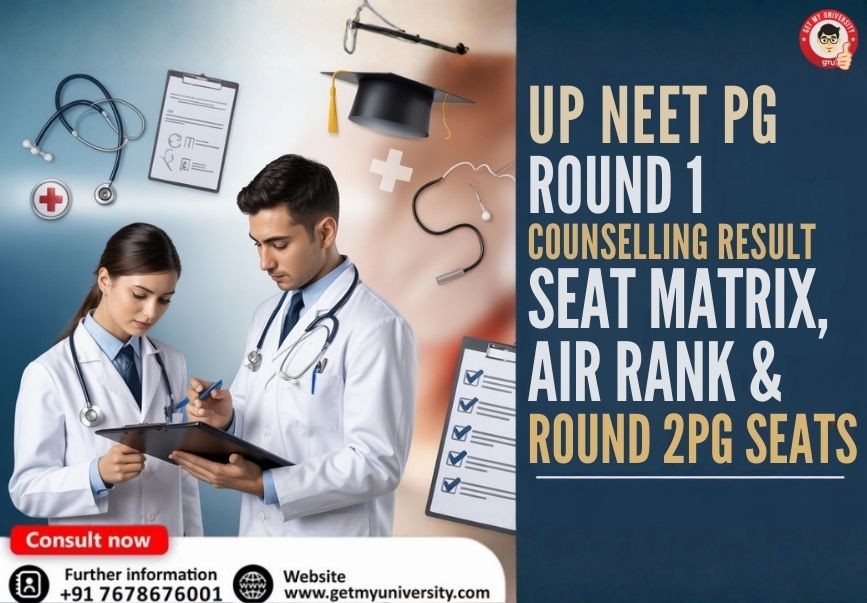Introduction
The Bachelor of Ayurvedic Medicine and Surgery (BAMS) is an undergraduate program that provides a strong foundation in Ayurveda, the traditional Indian system of medicine, alongside insights from modern medical science.
As the world becomes increasingly interested in natural healthcare, Ayurveda is gaining recognition both in India and abroad for its effective use of herbs, plants, and traditional healing techniques.
If you're a BAMS graduate or currently completing the course, you're stepping into a field full of diverse opportunities. From clinical practice and higher studies to research, government roles, and even starting your wellness centre, there are countless paths you can take.
In this blog, we’ll walk you through the many career options available after BAMS and help you understand how to shape a successful future in this growing field.
Understanding the BAMS Degree
BAMS is an undergraduate degree program in Ayurvedic Medicine and Surgery that includes a 4.5-year academic study and a 1-year compulsory internship. The curriculum is a combination of traditional Ayurvedic knowledge and modern medical science, covering subjects such as Anatomy, Physiology, Pharmacology, Pathology, Principles of Ayurveda, Panchakarma, Surgery, and Obstetrics & Gynaecology, among others.
This unique combination of ancient intelligence and modern science helps students to build an understanding in health and healing. By learning both Ayurvedic and the basics of modern medicine, they are not bound to one system or approach, they can approach a patient’s problem from multiple angles. BAMS graduates are trained in treating patients in a more balanced and thoughtful way.
Career Options After BAMS
After graduating in the BAMS program, candidates have a wide range of career options that depend on their interests, skills, and long-term goals-whether in clinical practice, research, education, or the growing wellness industry, etc.
- Clinical Practice
One of the most common and demanding career paths after graduating from the BAMS program. Many graduates choose to open their own clinics or join established Ayurvedic hospitals, wellness centres and work there as an Ayurvedic Physician. BAMs graduates are recognised as a legal medical practitioner and can treat a variety of health problems.
On other hand, some practitioners choose to do a specialization course in a certain field like Panchakarma, Kshar Sutra therapy, Marma therapy, or Ayurvedic dermatology, which helps them to offer more focused and advanced treatment. The chances in this field are promising, with an increasing demand for Ayurveda in both urban and rural areas. As people are getting more aware about natural healing methods especially for chronic and lifestyle related diseases, Ayurveda is becoming the first choice for many.
- Higher Studies
For those who want to broaden their knowledge and become specialized in a certain field, they have multiple postgraduate options:
- MD/MS in Ayurveda (Ayurveda Vachaspati / Ayurveda Dhanvantari)
After BAMS, graduates can pursue a 3-year MD/MS course in Ayurveda, choosing from specializations like Kayachikitsa (Internal Medicine), Panchakarma, Dravyaguna (Pharmacology), Rasa Shastra, and Shalya Tantra (Surgery). These advanced courses will open doors to a more specialized clinical practice, research, and academic careers.
- MBA in Hospital & Healthcare Management
For those who are interested in the business side of healthcare, MBA in Hospital and Healthcare Management will be an ideal choice for them. This course prepares graduates for administrative and managerial roles in hospitals, wellness centres, and healthcare organizations, making it a popular choice for those who prefer leadership or operational roles over direct patient care.
- MSc and PhD Program
In areas like Clinical Research, Herbal Medicine, Public Health, or Pharmacology, pursuing an MSc or PhD after BAMS is ideal for those interested in research and academics. It also opens opportunities for international collaborations and roles in evidence-based studies and policy development.
- Teaching and Academia
After completing post graduation in Ayurveda, graduates can pursue a career in teaching, which is both respected and stable. They can work as lecturers or professors in a government or private Ayurvedic college, where there is a huge demand for teaching staff. With enough experience, they can also take on roles as research guides, mentoring students in their thesis work and academic research. This career not only offers an opportunity to contribute to the development and preservation of traditional medicine by shaping the next generation of practitioners.
- Government Jobs
The Indian government is now actively promoting traditional medicine through various AYUSH initiatives, creating valuable job opportunities for BAMS graduates. They can serve as a medical officer in government Ayurvedic hospitals. For those who are focused on research, positions like Research Officer at institutions such as the Central Council for Research in Ayurvedic Sciences (CCRAS) are available. To secure these roles, candidates often need to clear competitive exams like UPSC, State Public Service Commissions (PSCs), AYUSH NET, or CCRAS recruitment exams, depending on the specific position and department.
- International Opportunities
Ayurveda is now getting recognition globally as well, particularly in countries like the USA, UK, Australia, Germany, and the UAE, where there is a growing interest in natural healthcare. BAMS graduates have many career options abroad, such as working as Wellness Consultants, Ayurvedic Practitioners, Health Coaches, or managing Spas and Wellness Retreat Centres. It’s very important to note that the legal status of Ayurveda varies from country to country.
In many places, BAMS is not recognized as a licensed medical degree, but graduates can still practice within the framework of alternative health. To enhance their scope of work internationally, professionals can pursue certification courses in areas like Integrative Medicine, Yoga Therapy, or become certified as an Ayurveda Wellness Counsellor through organizations like NAMA (National Ayurvedic Medical Association) in the U.S.
Apart from these, there are other career opportunities as well, such as Private Sector Jobs, Research and Development, Entrepreneurship and many more.
Skills That Enhance Employability
To stand out in a competitive job market and unlock various career opportunities, BAMS graduates can get benefits by developing certain key skills that complement their medical knowledge:
- Communication Skills: Essential for patient interaction and counselling.
- Digital Literacy: For telemedicine and health tech startups.
- Knowledge of Medicinal Plants: Especially for those interested in pharmacognosy or herbal drug formulation.
- Language Proficiency: Especially English, for international practice or publishing papers.
Salary Expectations After BAMS
When it comes to salary after graduating BAMS, earnings can vary widely based on the chosen career path, level of experience, location, and area of specialization.
| Career Path | Average Monthly Salary (India) |
| Private Clinic | INR 30,000 – INR 1,00,000+ (Varies widely) |
| Government MO | INR 50,000 – INR 80,000 |
| Teaching (after PG) | INR 40,000 – INR 90,000 |
| Pharma Industry | INR 25,000 – INR 70,000 |
| Clinical Research | INR 30,000 – INR 70,000 |
| Abroad (Wellness Consultant) | $2,000 – $6,000 per month |
Challenges After BAMS
While BAMS offers a wide range of career opportunities, it also comes with certain challenges that graduates must be prepared to navigate in order to build a successful and fulfilling career.
- Recognition Issues Abroad: Ayurveda is not legally recognised as a formal medical practice in many countries.
- Limited Government Jobs: High competition for few vacancies.
- Lack of Awareness: Many people still rely heavily on allopathic treatments.
- Need for Continued Learning: Ayurveda is a lifelong learning process, and updating oneself is essential.
Success Tips for BAMS Graduates
To build a successful and fulfilling career after BAMS, graduates should go beyond academic qualifications and focus on developing practical skills, staying updated, and exploring various opportunities within and beyond traditional practice.
- Stay Updated: Follow research journals, health news, and government schemes in AYUSH.
- Gain Practical Experience: Intern with reputed practitioners or hospitals.
- Specialize: Find a specific area you're passionate about and focus on mastering it– dermatology, infertility, lifestyle diseases, etc.
- Build a Network: Join professional groups, associations, and attend conferences.
- Be Entrepreneurial: Consider opening a practice or a wellness venture.
Conclusion
The future after BAMS is bright and full of potential for those willing to explore beyond ordinary paths. Whether you want to become a healer, researcher, educator, entrepreneur, or global wellness consultant, BAMS lays a solid foundation. With rising global awareness of natural health systems, Ayurveda and those who practice it are stepping into an exciting new era, full of growth, opportunity, and meaningful impact on global health. Invest in your growth, keep learning, and be part of the next wave of health and wellness through the lens of Ayurveda.

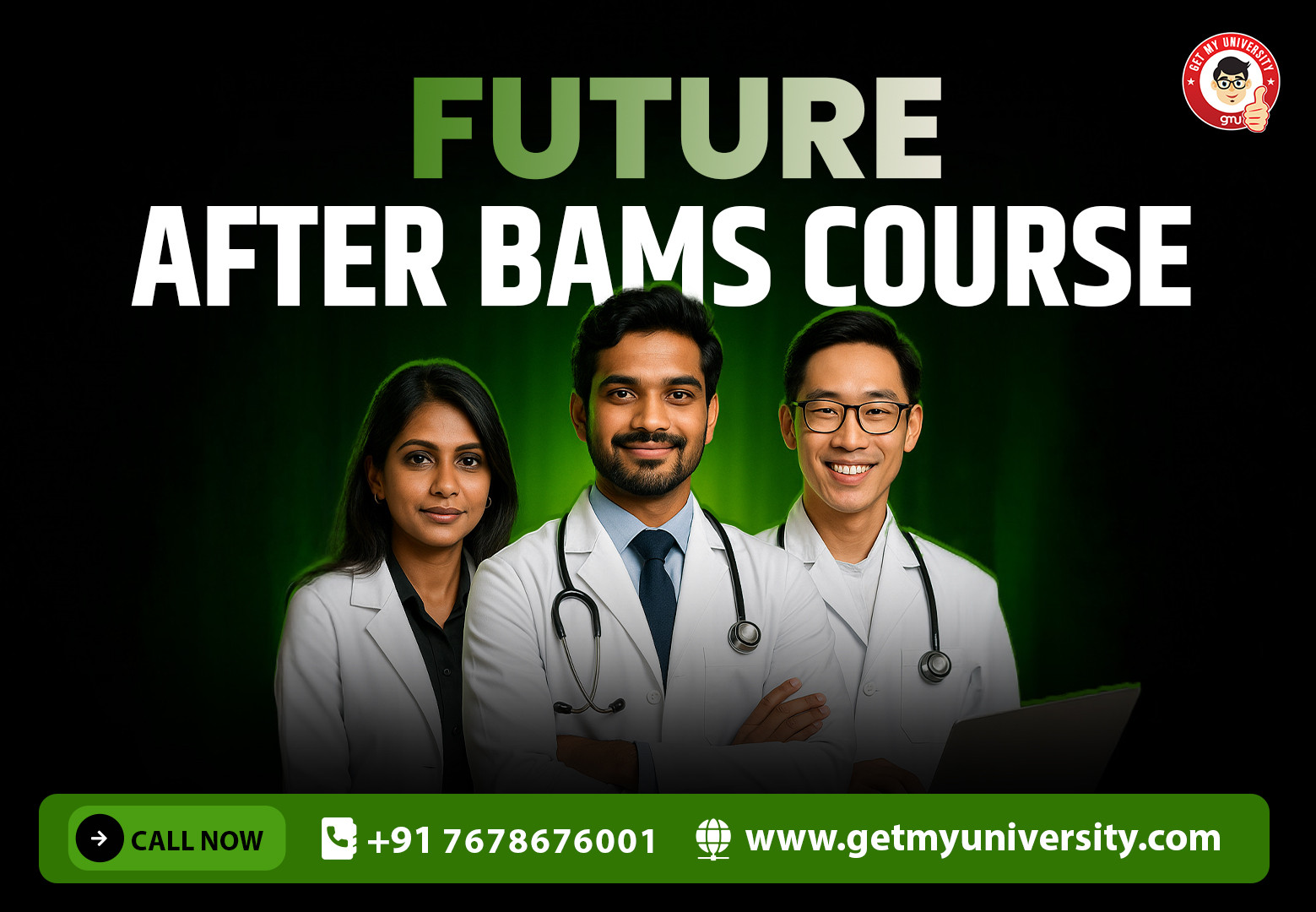


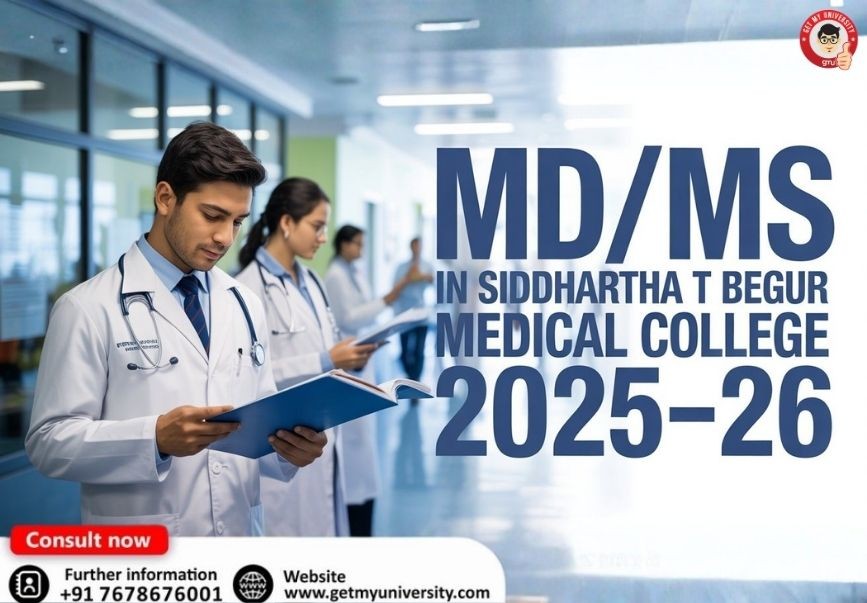

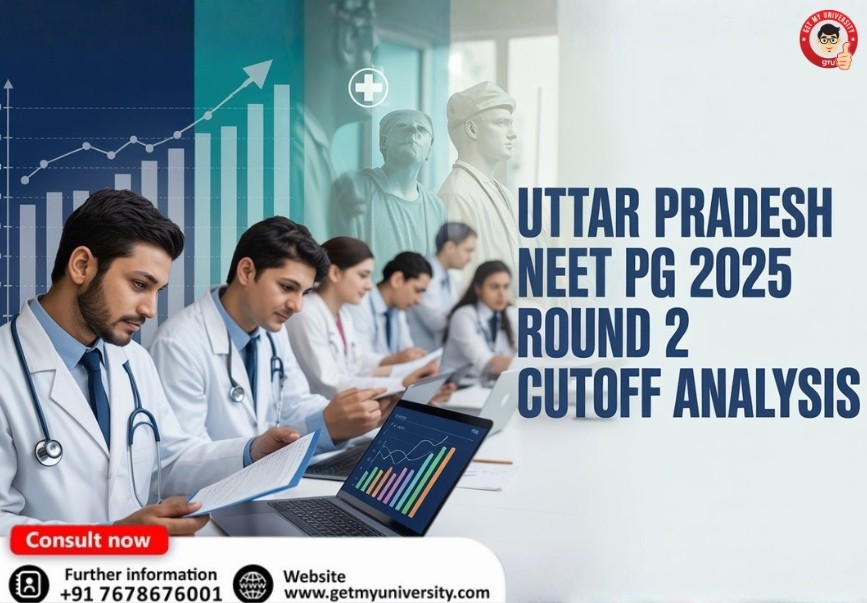

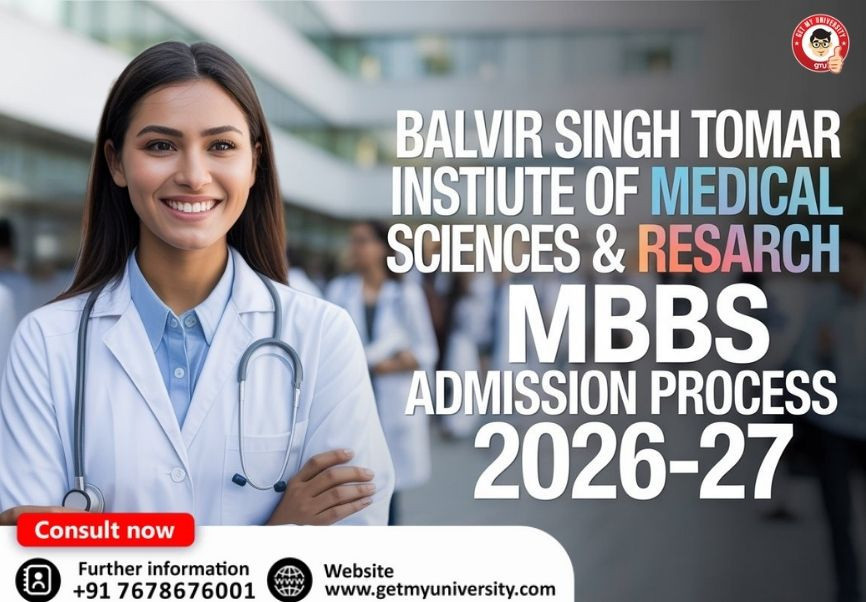


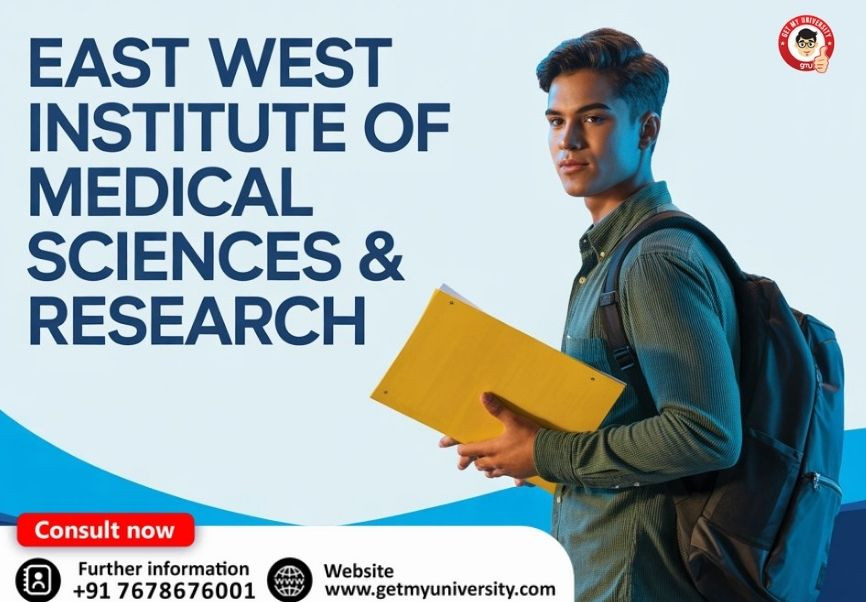
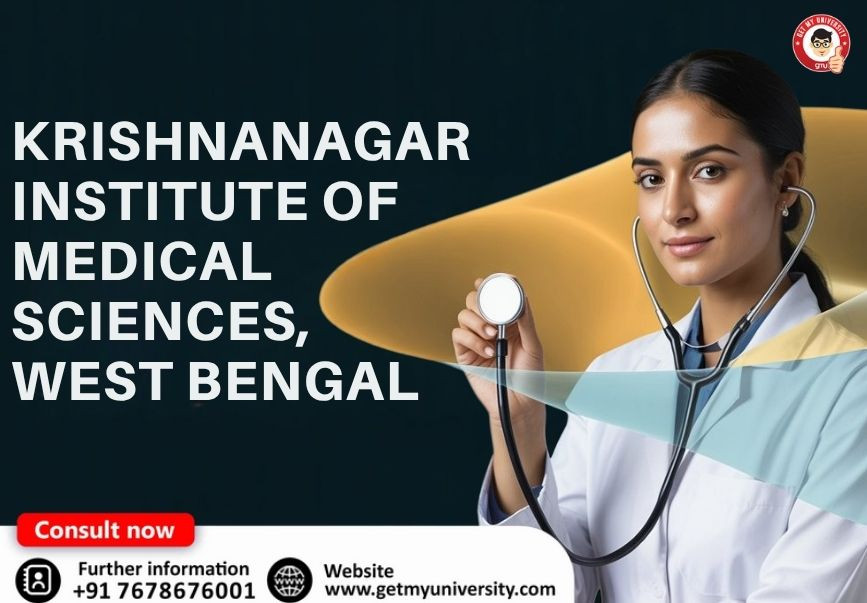
.jpg-74556.jpg)

